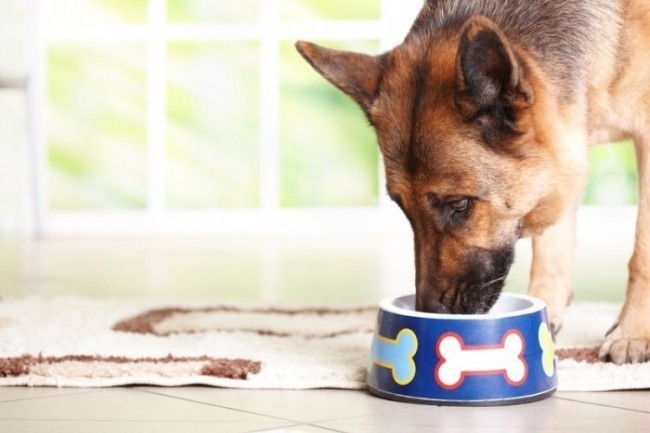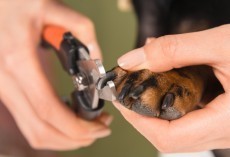The next time your pup starts itching like mad there are a few things you should do first. As opposed to buying another bag of dog food to try, conduct a food trial instead:
To determine whether or not your pet has a food allergy, you must conduct a food trial. That means choosing a limited-ingredient, novel diet — one that consists of a protein and carbohydrate that your pet has never eaten before. You need to feed this diet exclusively for 8 to 12 weeks.
What Is Food Allergy?
Food allergy is an immune-mediated adverse reaction to a food antigen. Certain foods trigger an allergic response in your dog, which causes her to itch.
Pets suffer from:
• Inhalant allergies (atopy)
• Flea bite allergy
• Food allergyDon’t Confuse It With Food Intolerance
• Food intolerance means your pet can’t handle certain foods and has gastrointestinal symptoms such as vomiting or diarrhea.
• Food allergy manifests itself as scratching and skin conditions.Diagnosis
The gold standard for diagnosing food allergy is to put your pet on a limited-ingredient diet for somewhere between 8 and 12 weeks.
Conducting a Food Trial
It may be difficult to come up with a limited-ingredient diet.
Choosing a Diet
It’s important to consult with your vet or a veterinary dermatologist when conducting a food trial. There are 3 basic ways to formulate a diet:
1. Hydrolized Protein Diets
Veterinary diet companies have created these diets to find as non-allergenic a diet as possible.2. Novel Protein Diets
Based on your pet’s prior dietary exposure, you may be able to find a commercial diet made up of foods your pet has never eaten before.3. Home-Cooked Diets
The actual mechanics of home-cooking a novel diet are complicated.Your veterinary team and/or veterinary dermatologist are great sources for determining how to go about diagnosing food allergy.
If all of this sounds confusing, don't let it be. It is possible to find a meal that your pet has never eaten before to determine what they really are allergic to. If they continue to itch don't lose hope, you can consult with your vet or a food allergy specialist to see if you've done all that you can do to find the root of the issue. Pets Adviser also explains in more detail how to complete a full food trial for your pup.










Sabian Sanchez
- Edit
Jaden Sanchez